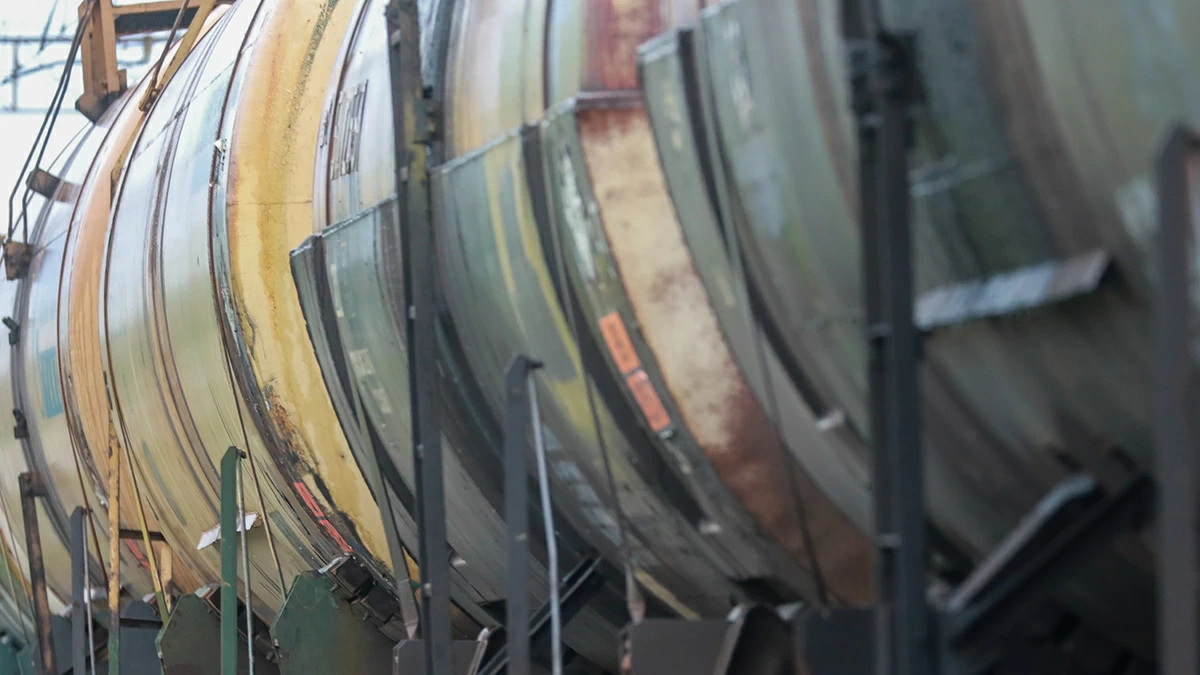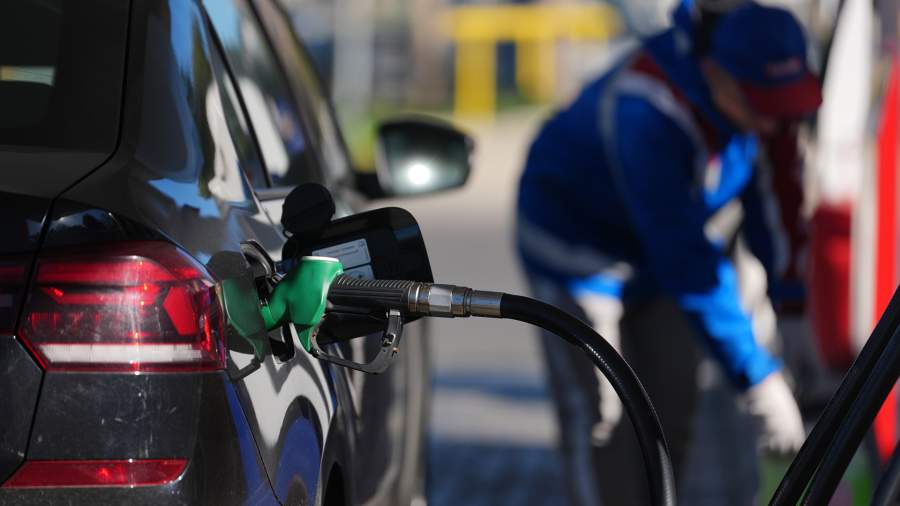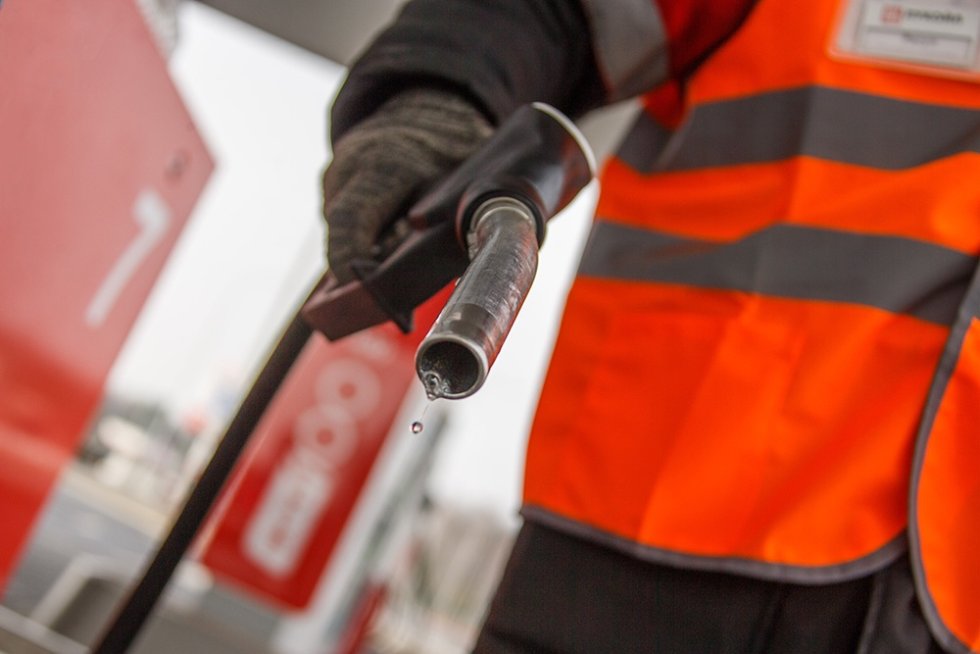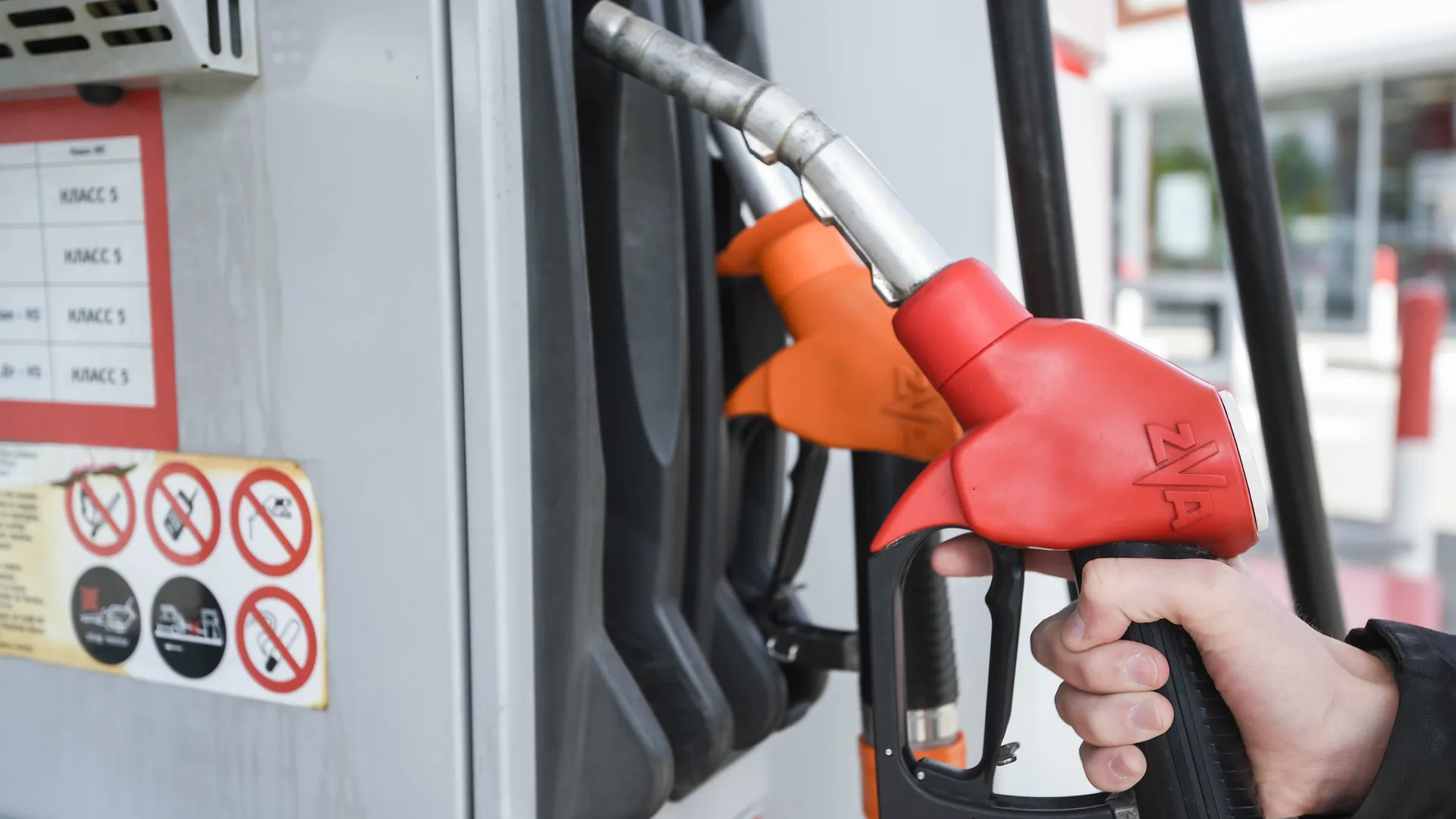On September 30, Prime Minister Mikhail Mishustin signed two resolutions prolonging the ban on gasoline exports and on the export of diesel fuel for non-producers until the end of the year. In announcing this measure, Deputy Prime Minister Alexander Novak stated on September 25 that it would help ensure additional supplies of petroleum products to the market.
The government had already extended the ban on automobile gasoline exports this year: from August 1 to the end of September, a complete ban was in effect, previously aimed only at traders and small oil refineries. On September 4, the Ministry of Energy reported changes to the schedule for planned repairs at refineries to avoid coinciding with peak gasoline demand.
According to Kommersant, Deputy Prime Minister Alexander Novak proposed to Prime Minister Mikhail Mishustin to waive the 5% import customs duty on gasoline imported from China, South Korea, and Singapore through certain border points in the Far East. However, these measures and proposals have not stopped the price increases.
The Russian government reports a “slight deficit” in the retail fuel market, which is being covered by accumulated reserves, as stated recently by Novak in interviews with journalists.
However, Igor Isaev, head of the Mind Money analytical center, believes there are reasons for concern: “When Mr. Novak mentioned the ‘slight deficit,’ it sounded like a technical glitch, but in reality, it’s a systemic overload: planned and unplanned repairs at refineries, especially in the Volga region and the south, have reduced processing volumes, and logistics have not adapted in time.” On the surface, the additional ban appears logical: if previous measures have not worked, control needs to be strengthened. “But if producers cannot quickly increase supplies, and traders are limited in maneuverability, the ban could exacerbate tension — especially in regions that have recently faced supply disruptions,” says Isaev. “In several areas, instances of gas station shutdowns are being reported, with restrictions on fuel distribution, indicating that the deficit is beyond ‘slight’.”
There is no publicly available and verifiable data on the fuel deficit situation in the regions, according to Sergey Tereshkin, CEO of the Open Oil Market fuel marketplace. “The only publicly accessible indicator is the index of petroleum product output, which reflects the overall dynamics of gasoline, diesel fuel, jet fuel, and some other fuel types,” he points out. “According to Rosstat, the production of coke and petroleum products in Russia decreased by 6.3% in August 2025 compared to August 2024 and by 4.2% compared to July 2025.”
In Crimea, limitations on gasoline sales and fixed-price installations have already been implemented. The head of the Republic of Crimea, Sergey Aksyonov, announced a fuel shortage at gas stations on September 25. He assured that within two days, Crimean gas stations would be supplied with the necessary volume of AI-95 gasoline. However, by September 29, Aksyonov stated on his Telegram channel that after a meeting with major fuel traders in Crimea, an agreement was reached to limit gasoline and diesel fuel sales to no more than 30 liters per individual, and to set price ceilings. On October 1, the regional head clarified that the implemented restrictions did not resolve the issue and the limit was reduced to 20 liters.
Sevastopol Governor Mikhail Razvozhaev announced on September 29 the introduction of restrictions on gasoline at 30 liters per vehicle or one canister. “Gasoline is being delivered continuously, but due to the rush at the gas stations, we are yet to return to a planned mode of operation,” he wrote on his Telegram channel, adding that no restrictions on diesel fuel sales are being introduced.
Analyst Anna Volkova from the Yakov and Partners analytical center explains the situation in Crimea as a combination of several factors: distance from primary refineries and heightened consumer demand. “The desire to stock up is provoked by reports of unscheduled refinery repairs and the closure of several gas stations due to unprofitability. However, once wholesale market fuel prices stabilize, the situation should normalize in October,” indicates Volkova.
The Premium Card Processing Center reports on its website that gas stations of “Rosneft” and “Bashneft” have introduced a 100-liter limit on gasoline sales per fuel card, and “Tatneft” gas stations have suspended fuel sales everywhere except Tatarstan since September 15. Similar measures have been taken by gas stations of OLVI, GP Vympel (Saratov), and “Roza Mira” (Samara region). A representative of “Premium Card Processing Center” informed Forbes that these limitations apply to legal entities who are clients of the company utilizing its cards for cashless fuel purchases. Hotlines for “Rosneft,” “Bashneft,” “Tatneft,” and “Roza Mira” told Forbes they had no information about any restrictions at their stations. A representative of GP Vympel assured Forbes that the company has ample fuel supplies to avoid restrictions and is meeting all agreements with “Premium Card.” Contact with OLVI could not be established.
Extending the ban on gasoline exports and expanding restrictions on diesel for non-producers appears to be an attempt to stabilize the internal market, according to Igor Isaev from Mind Money. According to Reuters, as a result of attacks by Ukrainian drones, facilities accounting for at least 17% of Russia's oil refining capacity, or 1.1 million barrels per day, were halted, recalls Anna Volkova from Yakov and Partners. “The country is losing every fifth liter of fuel daily,” she states. “The export limitations until production volumes are restored and the domestic market is saturated are justified.”
Since the beginning of August, when drone attacks on refineries in the European part of Russia resumed and parts of the installations underwent unscheduled repairs, wholesale prices have surged: AI-92 gasoline has increased by 12% to 73,900 rubles per ton, while diesel fuel has risen by 24% to 71,900 rubles per ton, state experts from “BKS Mir Investitsii,” Kirill Bakhtin and Bulat Mudarисов. Furthermore, the introduction of a complete ban on gasoline exports has not yet cooled prices, they remark. “This may indicate that capacities exceeding 13% have temporarily been taken offline, which historically aligns with the share of gasoline production aimed at export. The diesel fuel export ban will not be as drastic; it does not affect producers,” the experts explain.
Moreover, the very extension of the gasoline export ban means a preservation of the status quo for oil companies, according to Sergey Tereshkin, CEO of Open Oil Market. He points out that the ban was already in effect in August and September, and its extension was entirely expected given that the gap between inflation and gasoline price growth rates has widened: according to Rosstat, by September 22, 2025, the accumulated gasoline price increase reached 8.4%, while consumer inflation remained at 4.2%, so regulators had no option but to enact a new ban.
Starting August 2025, additional measures will be introduced to support the fuel market. The first is to increase the mandatory gasoline sales norm on the exchange from 15% to 17%, which will allow better control of pricing for larger fuel volumes and reduce the influence of speculators, says Volkova from Yakov and Partners. The second measure involves a possible adjustment to the dampening mechanism, which will also impact price stability, she adds. “However, implementing the increased dampener for gasoline will require significant budget expenditure, as tax revenues from the oil and gas sector would decrease,” notes the expert. This refers to the government's plan to compensate petroleum product producers for the difference between export and domestic prices. The government plans to raise the cutoff point for the so-called dampener for gasoline and diesel retroactively from September 1 by 10 percentage points to 20% and 30%, respectively (producers will receive payments even if the export price is higher).
In addition, according to Kommersant, on September 24, Novak approached Prime Minister Mishustin with proposals to saturate the domestic market with gasoline and diesel. Among the additional measures are the elimination of a 5% import duty on gasoline imported from China, South Korea, and Singapore through certain border points in the Far East. Fuel can be supplied only by authorized organizations: “Rosneft,” AO NNK, and the state-owned VO “Promsyryeimport.” A dampener should also be introduced on imported petroleum products.
This will facilitate the monthly supply of about 150,000 tons of gasoline produced at the “Siberia” refinery to maintain balance in the central part of the country, as indicated in the statement. The proposal includes increasing gasoline imports from Belarus, estimating September shipments of Belarusian gasoline at 45,000 tons. Toll processing of oil could increase Belarusian gasoline deliveries to 300,000 tons per month, according to the document.
Source: Forbes




